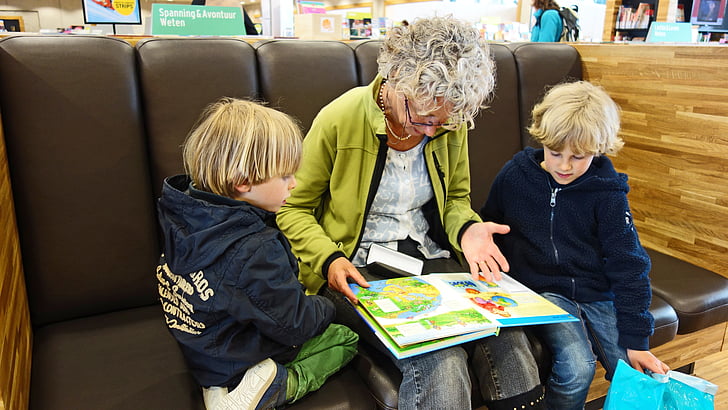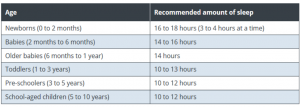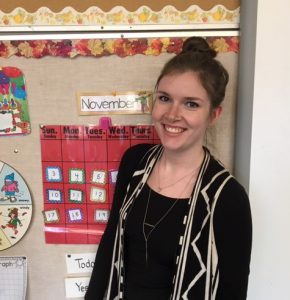
There are some events happening right now, mostly in the United States, that are very upsetting. There are people who have been hurting for a long time and are trying desperately to make their voices heard. I won’t describe the events in detail here, rather I will let families choose how much of this specific story is known in your homes.
One thing that I believe is not optional, especially for those of us who are in positions of the most privilege (white, cis, able-bodied, neurotypical, and whose people come from a Christian background), is that we work to make space for stories of BIPOC (Black, Indigenous, People of Colour) and other folx who live within the structures of oppression in our society.
There is racism in Vancouver, and there is racism in our schools. There has been, in some way or another, always. In the last couple of months people with Asian family heritage have been targets of escalated verbal and physical violence. That racism is present and active in our city and schools is something we all need to understand and accept before we will be able to create spaces that are truly safe and supportive for every single one of our students and their families. I want every family at Quilchena to know that acts of racism or any other acts of oppression are not okay in our community.
This year I started working on a diversity audit of our English fiction collection in the Quilchena Library. This means that I have started gathering information about how diverse (or narrow) the selection of stories is in our library. This will be an ongoing project for me as I work my way through our French and English fiction, our French and English easy chapter books, our French and English readers, and our French and English picture books. I will be devoting a significant portion of my library budget over the next few years to improving the balance of voices represented in our library collection, specifically focusing on #ownvoices titles.
There are a lot of great lists being published right now that can help us find books written by and about people who are not always represented on our home and school library, and classroom shelves, but who are definitely represented in our community. I have also found some helpful tips for talking to kids, particularly kids living with systemic privilege like my own daughter, about racism.
If you would like any help pursuing these topics at home or at school, I am happy to chat or host a more formal conversation about it.
Book Lists
We Are Kid Lit Collective: 2020 Summer Reading List
Picture Books about race, racism and resistance
Other reading, mostly for parents
“The Top 5 Reasons Well Meaning White Parents Do Not Discuss Race With Their White Children”
Talking to young children about race.
“Your Kids Aren’t Too Young to Talk about Race: resource roundup”
 There is something extra special about sharing a beloved book from our childhood with our own small people. There are a number of picture books from when I was little (early 80s) that are still in print today.
There is something extra special about sharing a beloved book from our childhood with our own small people. There are a number of picture books from when I was little (early 80s) that are still in print today.




 I read The Longest Night by Marion Bauer to many of my classes this week in preparation for the winter solstice on Saturday. Each time, I turned off the lights over the story-time area of the library to simulate the dark and quiet of the longest night of the year.
I read The Longest Night by Marion Bauer to many of my classes this week in preparation for the winter solstice on Saturday. Each time, I turned off the lights over the story-time area of the library to simulate the dark and quiet of the longest night of the year.

